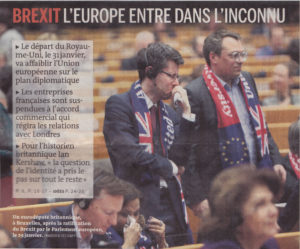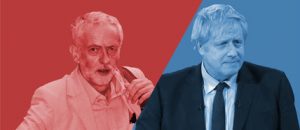
There’s a powerful case for voting reform. There’s been a powerful case ever since the Labour party emerged as a force in British politics a century ago because first-past-the-post only makes sense in a two party system.
There’s a great deal to question about the present government. I can understand opposition parties wanting to see it gone. But action is needed now, if there’s a change of government in four years’ time.
At an emotional level the bracketing-together of “opposition”, “getting rid of the Tories” and “voting reform” makes most sense as a reaction against the turbulent time we are in, but makes it harder to achieve each of those three aims.
Continue reading “What responsible opposition is, and what it isn’t… (it’s more than attacking Tories and demanding voting reform)…”






 Nothing has emerged since the start of the referendum campaign to suggest that Brexit promises anything more than serious harm — to the British economy, British culture and Britain’s standing in the world. That didn’t change at 2300 on 31 January.
Nothing has emerged since the start of the referendum campaign to suggest that Brexit promises anything more than serious harm — to the British economy, British culture and Britain’s standing in the world. That didn’t change at 2300 on 31 January. 


